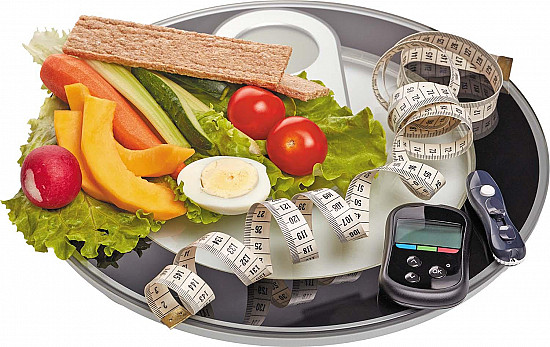Daily "dose" of white rice linked to diabetes
White rice is a staple food in some parts of the world, especially Asian cultures. Researchers at the Harvard School of Public Health evaluated whether the tasty grain is served with a side of risk for Type 2 diabetes. To conduct the study, they pooled data on the diet, lifestyle, and diabetes rates for some 352,000 people from China, Japan, the United States, and Australia.
Processed white rice has a high glycemic index, which means that eating it causes your blood sugar (glucose) to rise more rapidly than if you eat whole grains. Such foods have been linked to higher diabetes risk and other health concerns. A prudent course would be to enjoy white rice in moderation, preferably in combination with vegetables and whole grains.
To continue reading this article, you must log in.
Subscribe to Harvard Health Online Plus (HHO+) to unlock expert-backed health insights, personalized tools, and exclusive resources to feel your best every day.
Here’s what you get with your HHO+ membership:
- Unlimited access to all Harvard Health Online content
- 4 expertly curated newsletters delivered monthly
- Customized website experience aligned to your health goals
- In-depth health guides on topics like sleep, exercise, and more
- Interactive features like videos and quizzes
- Members-only access to exclusive articles and resources
I’d like to subscribe to HHO+ for $4.99/month to access expert-backed content to help make smart, informed decisions about my well-being.
Sign Me UpAlready a member? Login ».
Disclaimer:
As a service to our readers, Harvard Health Publishing provides access to our library of archived content. Please note the date of last review or update on all articles.
No content on this site, regardless of date, should ever be used as a substitute for direct medical advice from your doctor or other qualified clinician.















